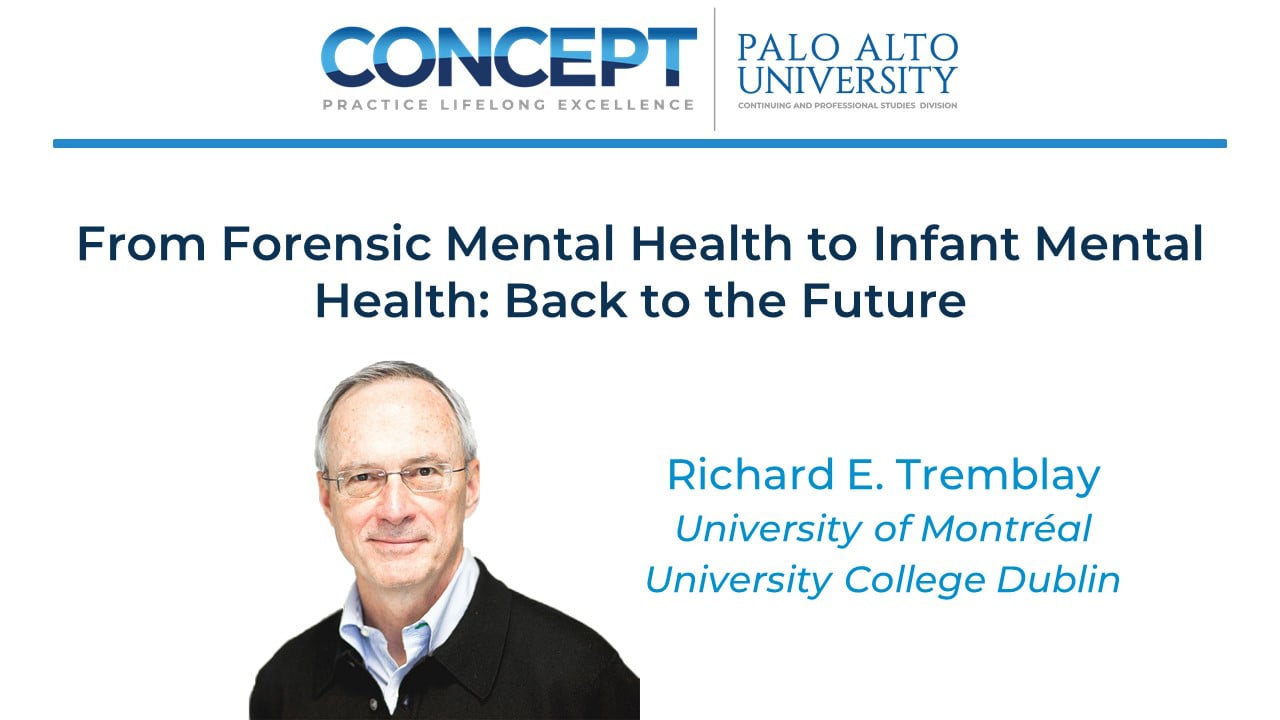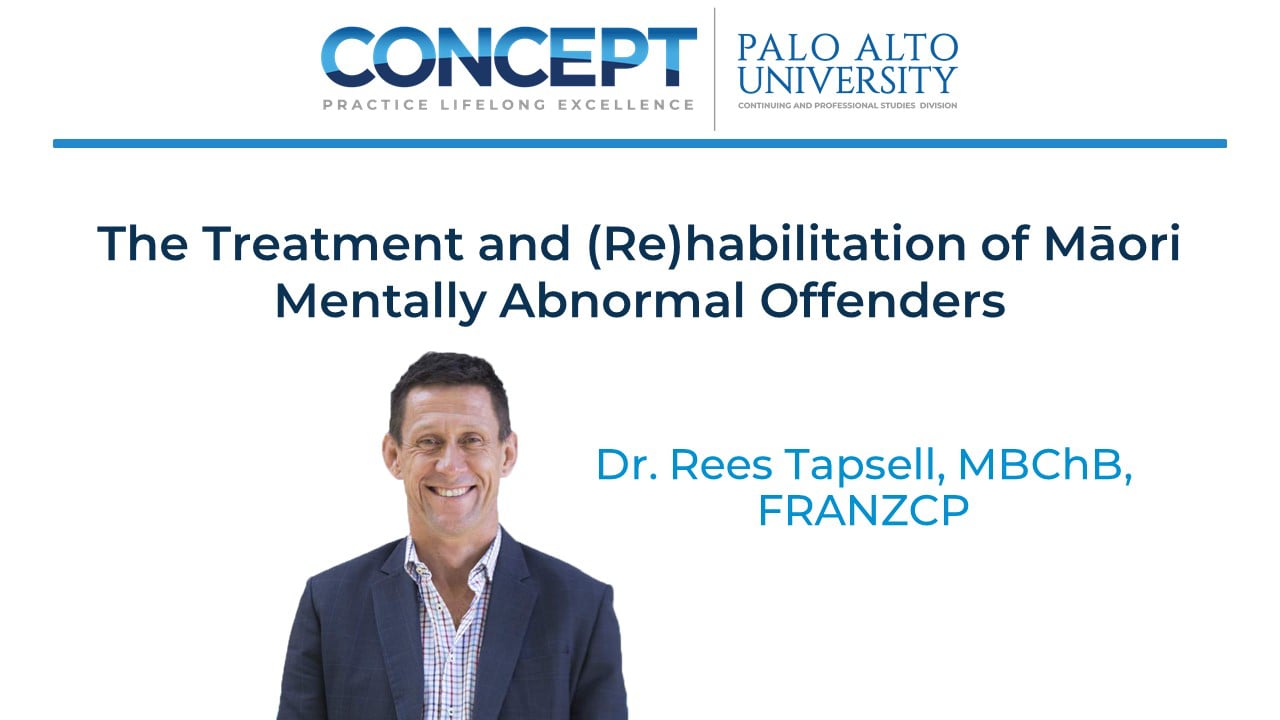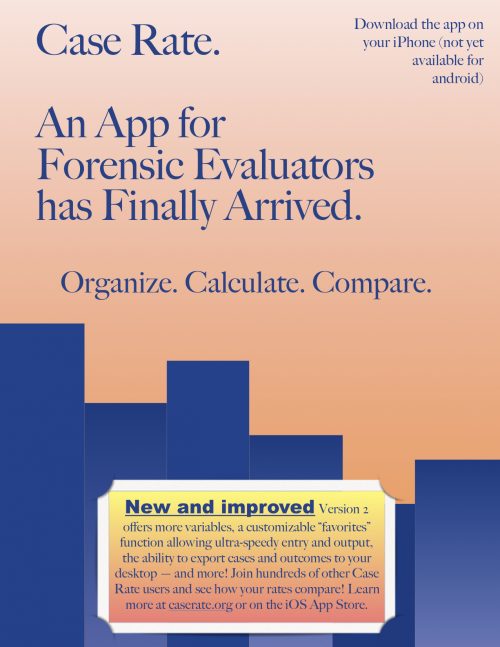Cycle of violence: Exposure to nongun violence contributes to perpetration of gun violence
Addressing differences in exposure to violence in high risk groups in general
Dr. Richard Tremblay presents keynote address at IAFMHS
Dr. Richard Tremblay presented his keynote address-- From Forensic Mental Health to
An Analysis of Problem-Solving Court Programs
An Analysis of Problem-Solving Court ProgramsPolicymakers, researchers
Dr. Rees Tapsell presents keynote address at IAFMHS
Increasing firearm responsibility and safety and reducing mental health stigma to allow
Madmen with guns: The relationship between mental health and mass shootings in the United States
Increasing firearm responsibility and safety and reducing mental health stigma to allow
Race and Ethnicity in Forensic Mental Health Reports: Biasing or Informative?
The reporting of the evaluee’s race or ethnicity (ERE) in forensic mental
Cultural Competence: More than a Catch Phrase
Forensic mental health professionals are increasingly tasked with evaluating defendants who are
Case Rate – Organize, Calculate, Compare
Case Rate (www.caserate.org), developed by Dr. Neil Gowensmith and his team
Translating risk factors into treatment needs for juveniles with sex offenses
Shifting the focus from risk prediction to treatment and remediation can benefit
Impact of report framing on juvenile probation officers’ decision making
Findings from this study caution against using negatively framed language in court
The Dark Triad of Sex: Psychopathy, Deviant Sexual Interests, and Gender
The present study examined associations between psychopathic traits and deviant sexual interests
The virtue of similarity: Overcoming resistance in intelligence interviews through cooperative mindset
Creating a relationship with a subject that is based on similarities with

























